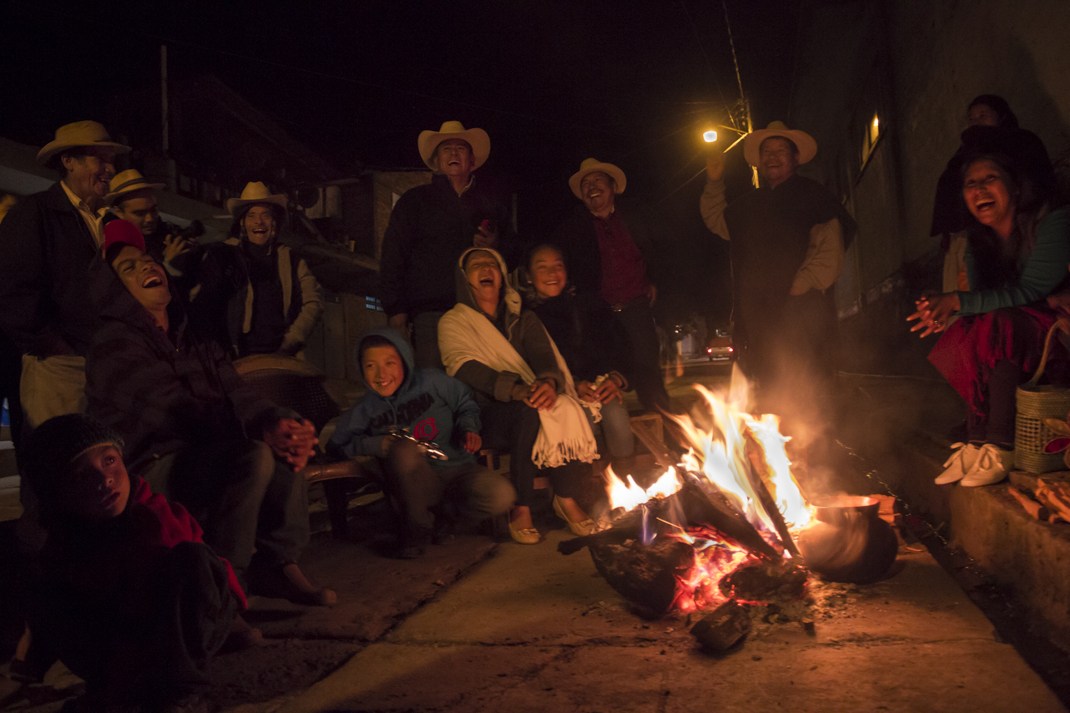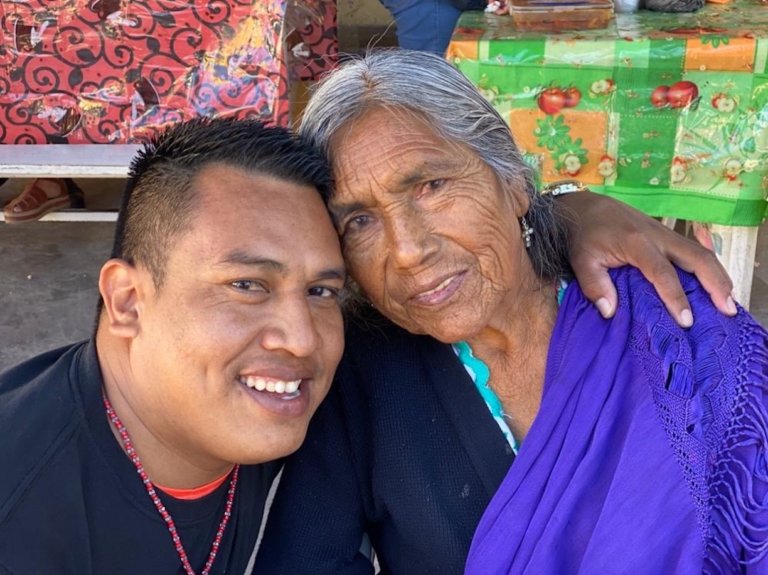By Ninx Salvaje and Regina López
March 17, 2016
SubVersiones
What is the single police command?
Basically, it’s a reform to the country’s police system with the stated aim of ending corruption and collusion among municipal police forces and organized crime, relieving municipal governments of their responsibility for public safety and security. While these governments “design non-police oriented public policies”, they will “assume responsibility for public safety and security” through state police forces.
Beginning last week, articles have come out in several different newspapers announcing that the autonomous municipal government of Cherán, Michoacán has signed a document agreeing to the “single police command.” Members of the Pur’épecha community deny this news report and reaffirm their determination to continue struggling for their autonomy. A spokesperson makes their position clear:
Those who work for the bad government and the press that strategically tries to destabilize us, always report lies, announce things that aren’t true, and have now announced that Cherán will accept the single command, when we have not done so.
This is not the first time the commercial press has treated Cherán this way. In the last few years, the publication and dissemination of lies aimed at disrupting the community has become practically systematic.
Last year, for example, when elections were held in most parts of the country, press reports announced the installation of ballot boxes in the autonomous community, despite its staunch opposition to the electoral process. It is important to note that no ballot box has been allowed to enter the community.
Thus, the large majority of the people of Cherán have lost all confidence in the mass media. They know very well that its goal is not to support the people, but to misinform them and promote the interests of the bad government.
The media responsible for spreading groundless stories have lost their credibility. They have always tried to destabilize us, but we don’t pay any attention to them. We have friends of our own who report the truth.
Just as the community doesn’t believe in the commercial press, it has no confidence in the state’s armed forces either. Up until April 15, 2011, when the people rose up in arms to defend the forests from the organized crime groups that were destroying them, Cherán had received no support whatsoever from official forces. Neither the local, state, or federal police, nor the army, had paid attention to community demands. What’s worse, community people have learned that the police at all different levels –not only the local level- work hand in hand with the criminals.
During the uprising, the community not only expelled the criminals, but also the police, and returned to the traditional safety and security system: their community police known as “la Ronda,” which is now made up of approximately a hundred people from different barrios. Since then, Cherán has experienced an exceptional decline in the number of crimes committed in its territory, as well as the total absence of harassment, extortion, disappearances and killings. How could the people possibly want the police and military forces of the State to enter their town?
At any rate, for them, the entrance of the armed forces into the Pur’épecha community represents one more attempt at conquest, given that before colonization and during the Mexican “Independence” period, the people already had their own forms of security. The comunero explains:
We can’t place ourselves under the single command, the army, the navy or whatever, because they’ve only existed for a short time. The Ronda came before Mexico’s army, and before the navy, too, so it is of greater significance and more natural. It comes from long ago and is our own. The community has always taken care of itself. We’ve taken care of each other.
In the face of the threat posed by government harassment aimed at imposing the single command, several unusual robberies experienced by townspeople in the last few weeks, and the state government decision to grant eight licenses for the establishment of liquor stores, the community has decided to reactivate the community “rondín”. Along with the 100 active members of the Ronda, both men and women volunteers are coming together to patrol different barrios and prevent crimes from being committed at night. Our comrade says:
The members of the Ronda are simply representatives because here the entire community, including the four barrios watches out for ourselves, as we said at the beginning, ‘block by block, campfire by campfire.’ We 20,000 community members are looking after ourselves.
And those who live in the community aren’t the only ones who are part of the Ronda. It’s made up of all the people who help take care of the community, from close at hand or from afar.
The brothers and sisters living outside the community -those who have migrated to the North- also ask us from time to time, “What’s going on in Cherán?”. So they’re also part of the Ronda, along with the independent media and collectives who come and ask us what’s happening. They’re also on the alert and watch out for us from afar.
“So if the government wants us to accept the single command, everyone has to agree, and we’re a hell of a lot of people. And the government has to consult everybody, not just the Council or the Ronda. The General Council represents us, but here in our structure, the maximum authority is the Assembly, and the Assembly is made up of all of us.
In spite of all the attacks, the community remains firm in its commitment. “Cherán is not going to give up the fight. We won’t hand over our form of government or our self-determination,” the spokesperson concluded.



